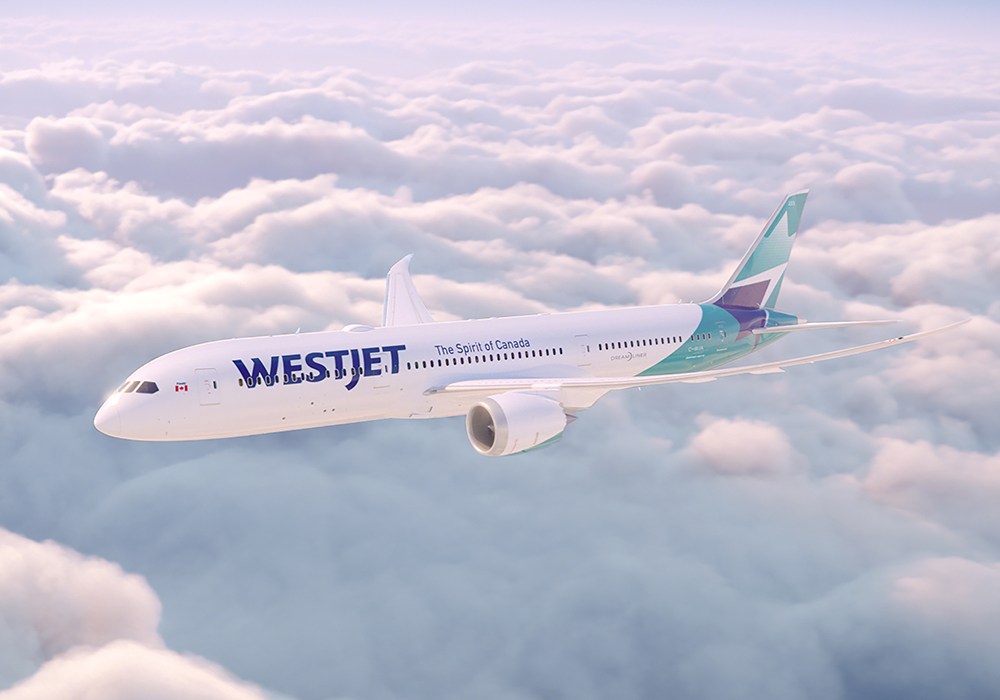WestJet Airlines CEO Ed Sims gave airplane manufacturer Boeing his vote of confidence Tuesday, pledging to be on his airline’s first flight of the 737 Max once the aircraft are returned to service.
«We will do all we can to provide the reassurance that these aircraft will likely be the safest narrow-bodied aircraft to ever enter service,» Sims told reporters following his company’s annual meeting in Calgary.
«Almost certainly I and my family will be on the very first flight that’s reintroduced to service. And I think it’s only appropriate that as leader of this organization I should put my own personal commitment behind the safety standards of this aircraft.»
Safety concerns continue to hang over the 737 Max aircraft after Boeing said a safety alert sensor malfunctioned on an Ethiopian Airlines flight that crashed last March and on the Lion Air crash off the coast of Indonesia in October.
Canada joined other countries worldwide in grounding all Boeing 737 Max aircraft in March until further notice.
WestJet fleet relies heavily on Boeing
The Max 8 makes up seven per cent of WestJet’s total fleet and represents 10 per cent of its total capacity in 2019. The airline has 13 of Boeing’s Max 8 aircraft and has four more on order.
Sims believes there’s now a «critical path towards resolution of the issues around the Max,» including the joint work of regulators worldwide, Boeing software enhancements and pilot training.
Sims said he has confidence the new software enhancements will be a relatively seamless procedure.
But he said the airline would only operate the aircraft when they’re satisfied it has met WestJet safety standards in addition to the safety standards specified by Transport Canada.
All of the airline’s jet fleet is made up of Boeing aircraft, Sims told shareholders.
But WestJet maintains a close relationship with Boeing competitor Airbus, he said, and «keeps all its options open» in terms of what its future fleet might look like.
The airline is evaluating both the direct and indirect costs WestJet has incurred since the grounding of the aircraft and determining how those costs might be shared with Boeing.
Sims said that might take the form of financial compensation or future credits.
«I continue to believe in the standards, ethics and production values of the Boeing company,» Sims told investors.
The comments came as the company also released its first-quarter earnings…



